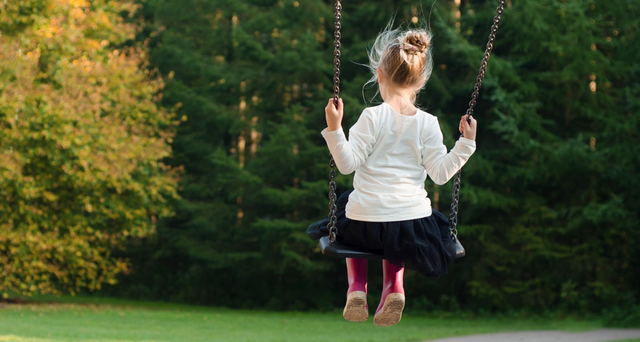May 7 is Children’s Mental Health Awareness Day, an annual event recognized during Children’s Mental Health Awareness Week, which takes place during the first week of May.
Mental health is an important topic year-round, but so much of the conversation is often centered around adults. The purpose of Children’s Mental Health Awareness Day is to put the spotlight on younger generations, recognizing that mental health conditions affect people of all ages, and helping raise awareness on some of the unique mental health challenges that children face.
The theme of this year’s Children’s Mental Health Awareness Day is “Flip the Script on Mental Health,” and is intended to challenge the traditional attitude toward mental health disorders in younger individuals. This is an especially noteworthy initiative right now, with many children having spent the past year plus separated from their routines and social circles.
Want to get involved? We’re sharing tips on talking to kids about mental health, plus some easy ways to participate in this year’s event.

Opening Up the Conversation on Youth Mental Health Awareness
While topics around mental health can be difficult to bridge with children, it’s crucial that parents and other caregivers open up the dialogue and encourage frank and open discussions on the topic. It might not always be easy, but it’s the first in many steps involved in ensuring that a child feels safe expressing their feelings and asking for help if and when they need it.
Here are some quick tips on how to do it:
Lend an open ear – Discussions around mental health should be totally judgement-free. The goal is to show a child that you’re there to listen and that they’re safe to be as honest as they need to be.
Practice what you preach – Model good practices by being open about your own mental health, including those times when you feel sad, mad, or anxious.
Talk about tools – In addition to talking about mental health struggles, talk about ways to cope too. Kid-friendly mental wellness techniques like journaling, art, yoga, and deep breathing exercises are all great places to start.
Get Involved: Mental Health Awareness Activities for Youth and Parents
There are many ways to participate in Children’s Mental Health Awareness Day—and to keep the conversation going afterwards, too.
- Join the discussion. Text “APA” to 89800 to join teens and parents across the nation in talking about mental health and suicide.
- Talk it out. Engage in conversations with loved ones—including children, teens, and co-caregivers—that centralize mental health and help remove the stigma around the topic.
- Be social. Join the social media discussions on children’s mental health, and if you have a story to share, consider doing so within your own social network to help spread awareness.
- Talk to educators. If you’re a parent, speak to your child’s school about programs they might be able to implement that bring the topic of mental health into the classroom.
- Try out an at-home activity. The National Federation of Families has some excellent ideas for mental health activities that can be done with children of all ages right at home. Check them out here.
Talking about mental health matters at every age. And the more we talk about it, the easier it becomes to be honest about struggles with mental wellness—both with ourselves and with others.
At Retreat Family, we’re here to help, with programs that educate parents on mental health and therapeutic services for both children and families in need of mental health support. Please contact us today if you would like to learn more.
